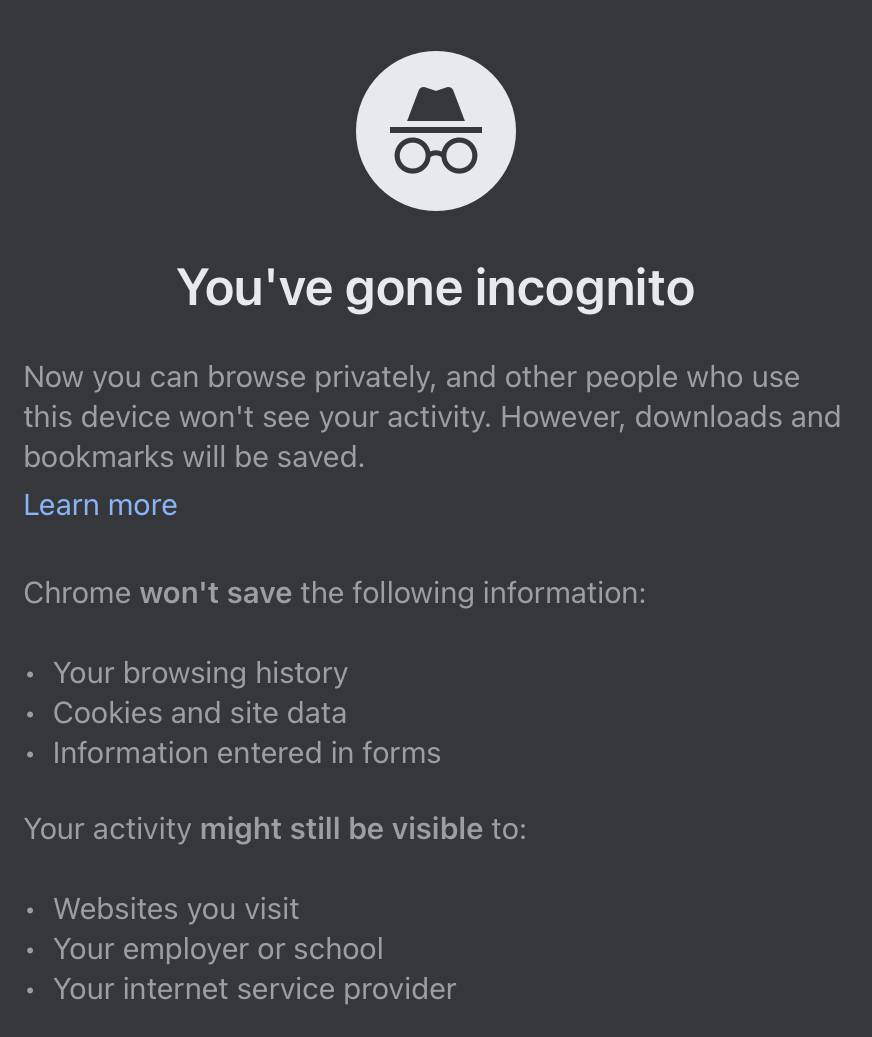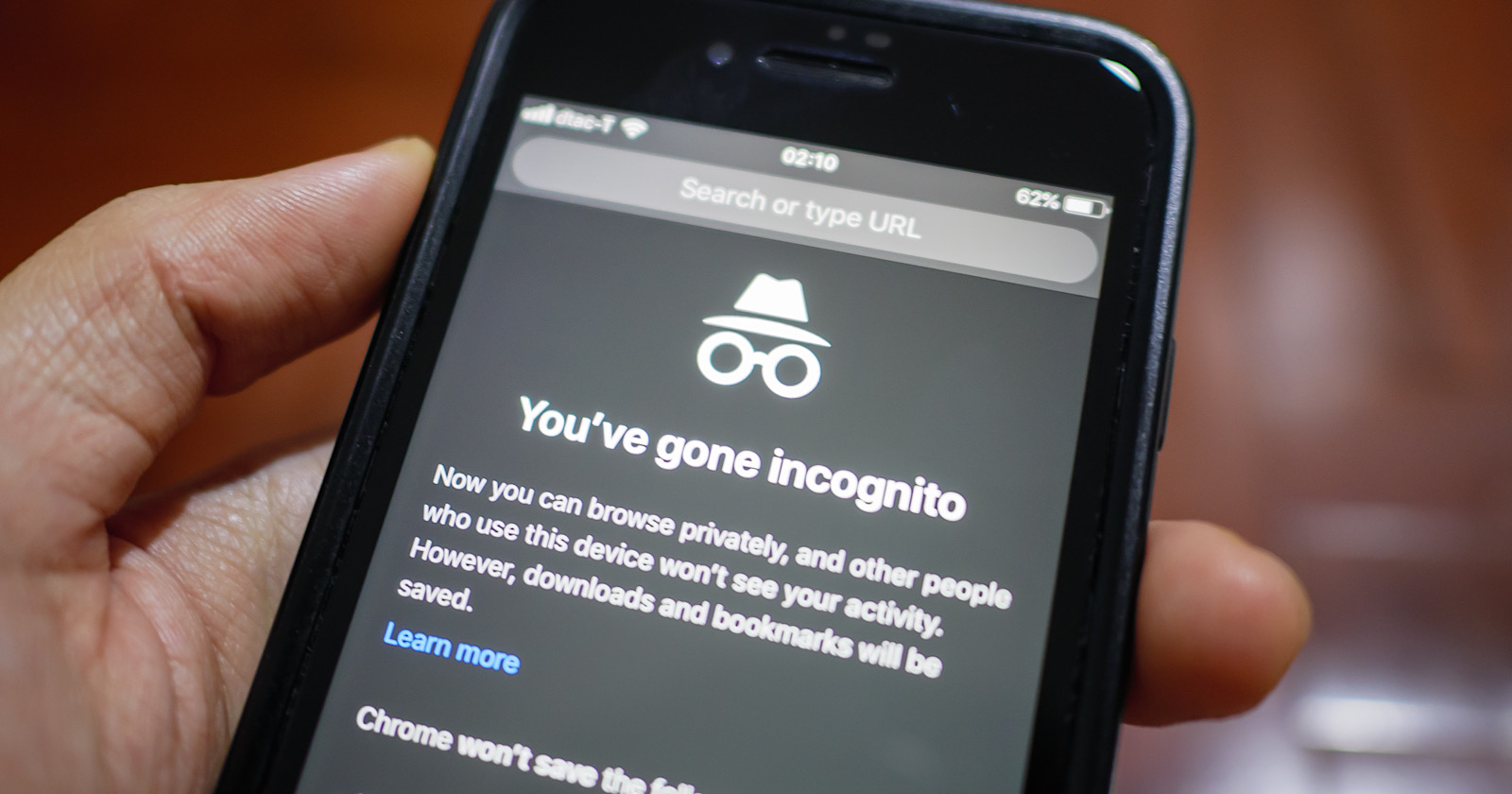Google Chrome’s Incognito Mode is at the forefront of a $5 billion class-action lawsuit which alleges users are being tracked during private browsing sessions.
The lawsuit alleges Google is in violation of wiretapping and privacy laws for intercepting, tracking, and collecting communications when Chrome’s Incognito mode is in use.
Google has been trying to get the lawsuit dismissed since it was filed last June. A federal judge ruled the lawsuit must go forward.
In the judge’s ruling it’s stated Google does not adequately inform users that their data can be collected in Incognito mode.
US District Judge Lucy Koh in San Jose, California, writes:
“The court concludes that Google did not notify users that Google engages in the alleged data collection while the user is in private browsing mode.”
To be clear, the consumers who filed the case are taking issue with Google collecting data using other services while in Incognito mode.
For example, when a user visits a website in Incognito mode their data can still be collected by Google Analytics.
The consumers who filed the suit say they were under the impression Incognito mode offered all encompassing privacy from data trackers.
Google disputes the claims via a statement provided by company spokesperson Jose Castaneda:
“We strongly dispute these claims and we will defend ourselves vigorously against them. Incognito mode in Chrome gives you the choice to browse the internet without your activity being saved to your browser or device. As we clearly state each time you open a new incognito tab, websites might be able to collect information about your browsing activity during your session.”
Google also notes that the plaintiffs agreed to Chrome’s privacy policy which discloses its data collection practices.
How clear does Google make it that users’ data can still be collected in Incognito mode? Let’s take a look.
Fact Checking the Claims Against Google
Consumers filed a class-action lawsuit against Google for collecting data while using Incognito mode in the Chrome browser.
The judge hearing the case ordered the lawsuit to go forward on the grounds that Google doesn’t inform users their data can still be collected while they browse in Incognito mode.
Google disputes the claims, saying it does inform users every time they open an Incognito window that data may be collected by websites.
Here’s what users see when they activate Incognito mode in the Chrome browser:

The message begins with the statement, “Now you can browse privately…” and then goes on to clarify a user’s browsing activity is private from other people who use the same device.
Toward the bottom the message specifically states:
“Your activity might still be visible to websites you visit.”
The message also lets users know their activity could be visible to others while using Incognito mode at school or work.
A user’s internet service provider might be able to view their activity as well.
What Does Incognito Mode Actually Do?
Google Chrome’s Incognito mode is widely misunderstood.
There are some who believe Incognito mode exempts a user from personalized search results. This was the focus of a study conducted by DuckDuckGo in 2018.
There are others, like the plaintiffs of this lawsuit, who believe Incognito mode offers absolute privacy.
What does it actually do?
Incognito mode prevents data from being stored locally. It hides a user’s browsing activity from other people who may use the same device.
For example, if you share a computer with roommates, you can use Incognito mode to prevent them from seeing what websites you visit.
That’s the extent of what Incognito mode is designed for.
This will be an interesting case to follow, as the plaintiffs will have to convince a jury that their claims are valid.
If nothing else, this case may create greater awareness of Incognito mode does and doesn’t do.
Source: Bloomberg





![We Figured Out How AI Overviews Work [& Built A Tool To Prove It]](https://www.searchenginejournal.com/wp-content/uploads/2025/04/sidebar1x-185.png)